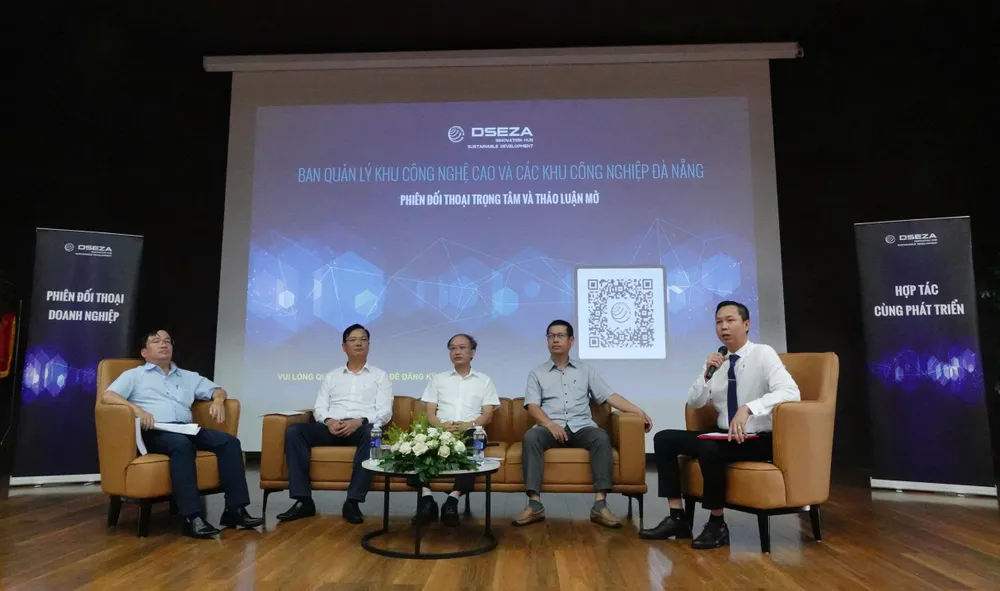
Substantive dialogue, responsible companionship
At the conference, Mr. Vu Quang Hung, Head of the Management Board of Da Nang High-Tech Park and Industrial Zones (DSEZA), affirmed that dialogue is a real commitment, and companionship is a responsibility, not just a slogan. In the process of comprehensive transformation, enterprises are identified as the center of development, so the government needs to shift from a management mindset to a service mindset, from administration to creation.
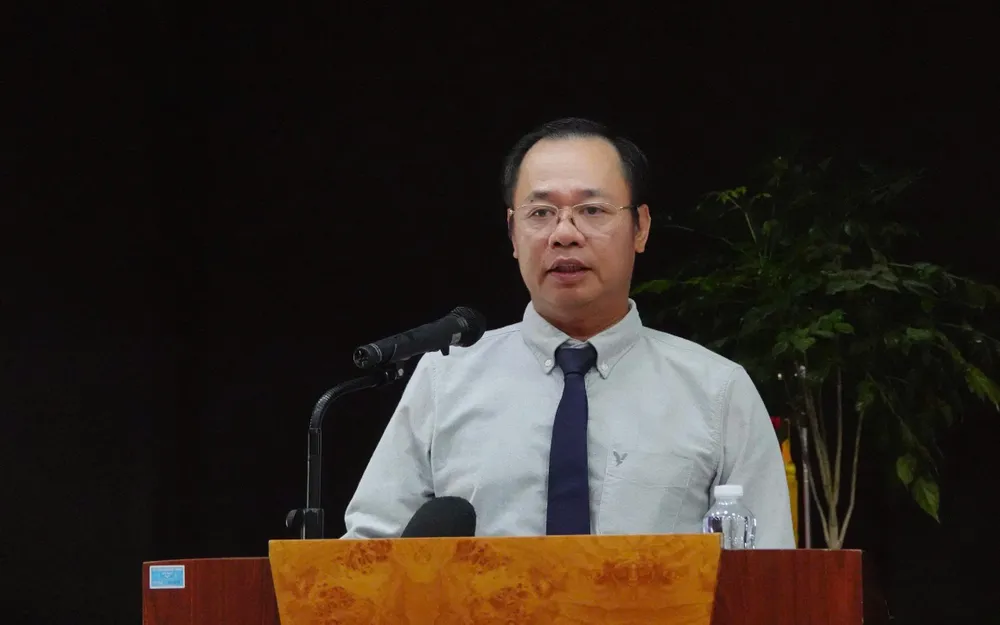
Currently, DSEZA is coordinating 4 strategic pillars including: High-tech Park, Concentrated IT Park, Industrial Park system and Free Trade Zone - a model being proposed for piloting nationwide. In the near future, DSEZA will receive 3 more operating industrial parks and 10 planned industrial parks in Quang Nam, expanding operations according to the new development space after merging administrative boundaries. Therefore, dialogue is not only to remove difficulties, but also a foundation to open up opportunities, build a special economic zone with enterprises at the center. At the same time, DSEZA promotes procedural reform, applies digital technology, and implements the model of "one contact - one process - one result" to support investors.
Regarding policies to remove difficulties for businesses, according to Mr. Pham Duc Thuong, Deputy Head of the Tax Department of Region XII, in recent years, the Ministry of Finance has advised the Government to issue many policies to remove difficulties for businesses, especially the policy of reducing land rent. From 2021 to present, the policy of reducing 30% of land rent has been continuously applied to businesses that directly lease land from the State in the form of annual payment, with a valid land lease decision or contract.
The latest Decree 87/2025 has expanded the beneficiaries, including cases that have not completed legal procedures before but have had their land lease extended by the end of 2024. However, many businesses that sublease land through infrastructure companies such as SDN, Daizico, etc. are not eligible for direct reduction.
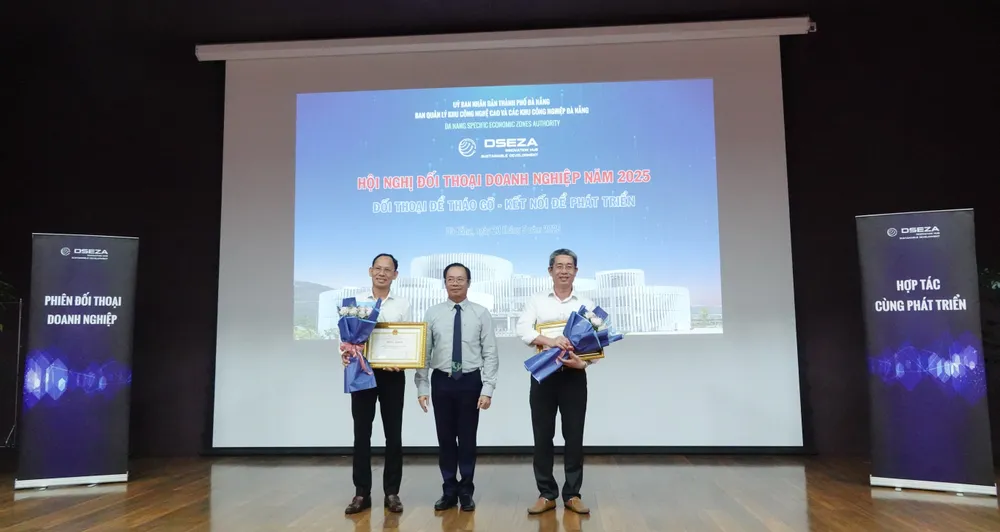
According to Mr. Pham Duc Thuong, the policy goal is to support the right people to bear the actual costs. Although sharing the land rent reduction from infrastructure enterprises to secondary investors is a civil relationship, there should be a harmonious sharing of benefits, especially when the land rent is clearly shown in the price structure. The State does not intervene, but encourages all parties to sit down and discuss, for the common benefit of the entire industrial park ecosystem.
Link to overcome difficulties
Faced with major fluctuations in the international market, especially the US Government's imposition of reciprocal tariffs, Mr. Le Hoang Khanh Nhut, General Director of Danang Rubber Joint Stock Company, said that businesses with a high proportion of exports to the US were affected. However, the company was proactive in diversifying its markets early on to avoid concentration risks. To limit the risk of anti-dumping tariffs, businesses need to control the origin of raw materials well and diversify their supply sources.
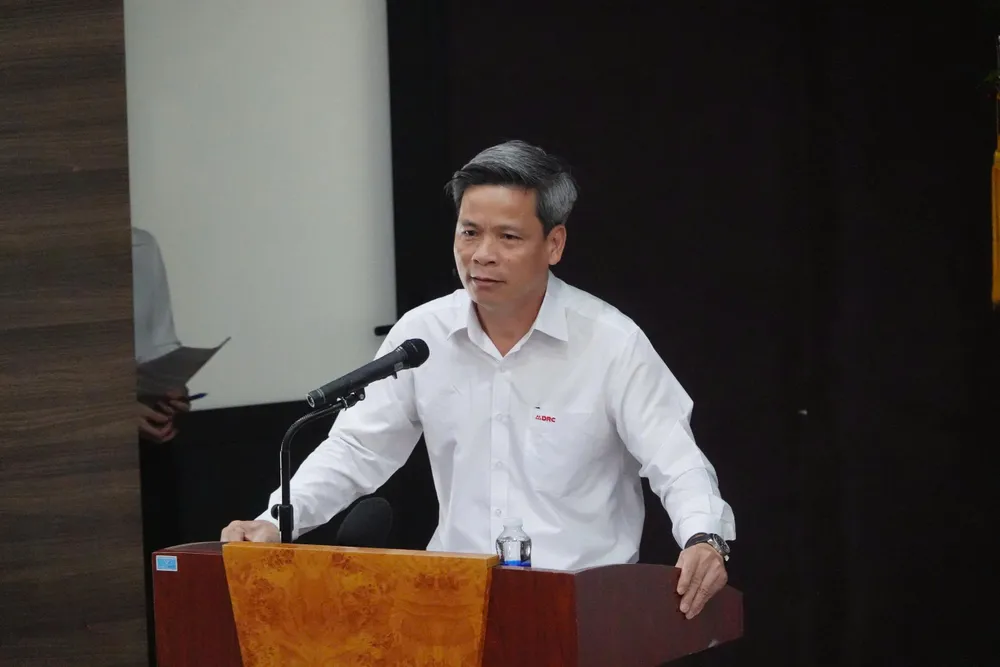
Mr. Le Hoang Khanh Nhut suggested that businesses should standardize raw material records and share information if they operate in the same region, avoiding price competition - a cause that can easily lead to tax imposition. Instead, they should improve product quality and invest in technology to compete fairly. In addition, he suggested that the Da Nang City government strengthen trade connections through diplomatic channels, organize forums for businesses to participate, connect with each other to work with shipping lines and maintain logistics routes. At the same time, build technical barriers, issue floor prices and promote consumption of Vietnamese goods.
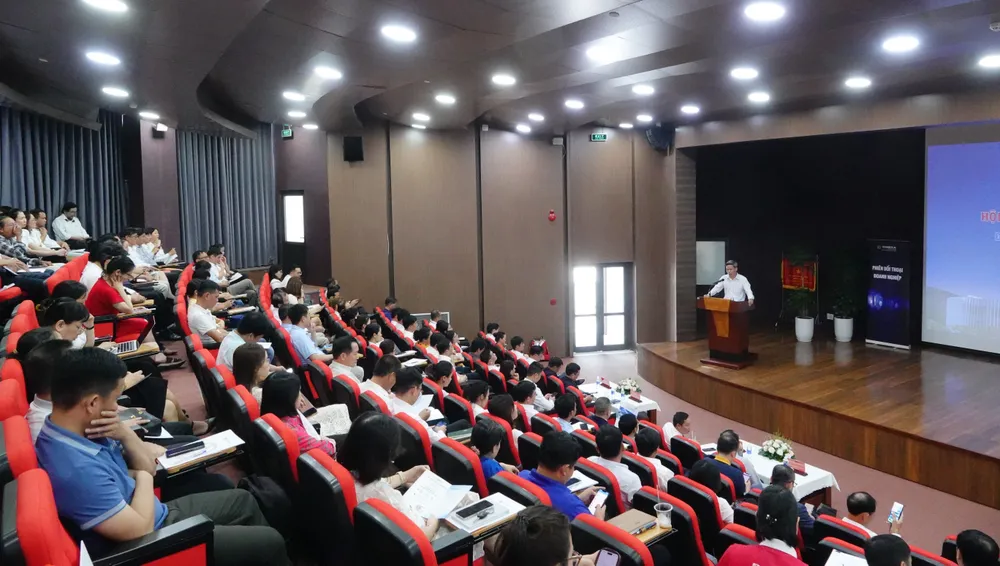
From another perspective, according to Mr. Nguyen Van Phu, Director of Daiwa Da Nang Co., Ltd., labor shortage is still a difficult problem today. With about 3,500 workers, businesses are having difficulty recruiting, especially unskilled workers. Despite support from outside units, the great demand has not been met. Meanwhile, the labor force in Da Nang is limited, and workers from Quang Nam and Quang Ngai, who previously accounted for 50%, have now moved back to their hometowns. Mr. Nguyen Van Phu proposed taking advantage of the source of students from universities through the work-study model, helping students earn income and accumulate experience. However, the current mechanism does not allow for effective implementation. He hopes the State will soon remove this obstacle so that businesses and educational institutions can benefit together.
Source: https://www.sggp.org.vn/doi-thoai-de-thao-go-ket-noi-de-phat-trien-post796500.html




![[Photo] Anh Hoang - Dinh Duc successfully defended the men's doubles championship of the National Table Tennis Championship of Nhan Dan Newspaper](https://vphoto.vietnam.vn/thumb/1200x675/vietnam/resource/IMAGE/2025/5/23/d6ab3bcac02c49928b38c729d795cac6)
![[Photo] Top players gather at the 2025 Nhan Dan Newspaper National Table Tennis Championship](https://vphoto.vietnam.vn/thumb/1200x675/vietnam/resource/IMAGE/2025/5/23/9ad5f6f4faf146b08335e5c446edb107)


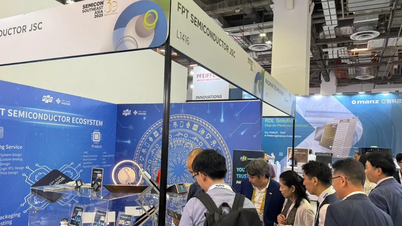


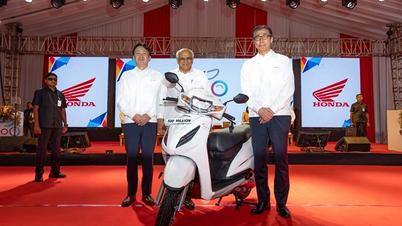

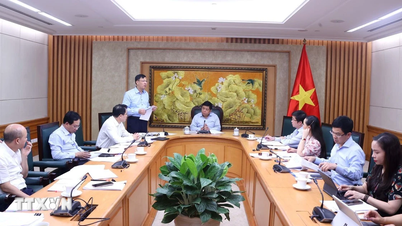

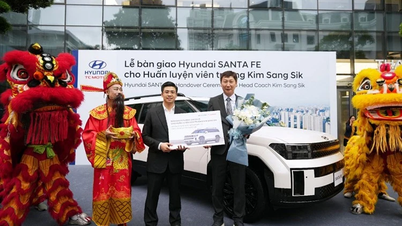




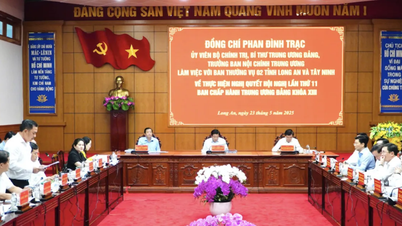
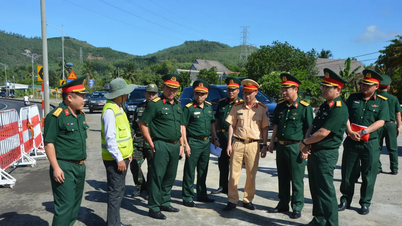
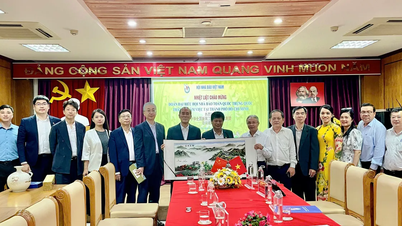
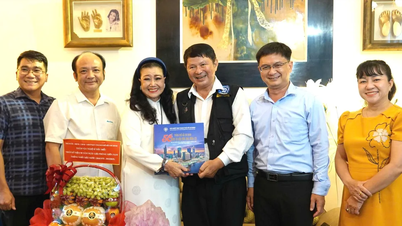

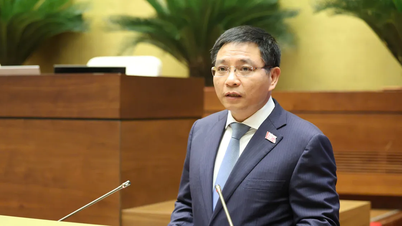














































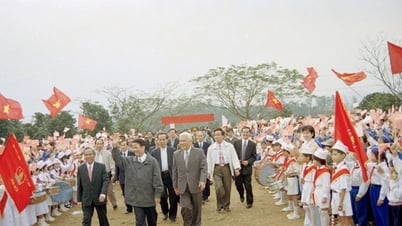



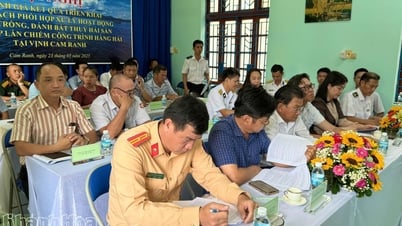

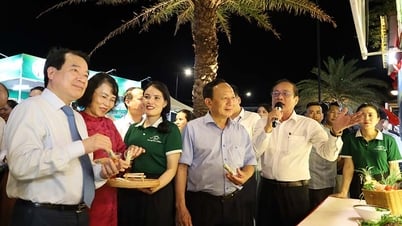

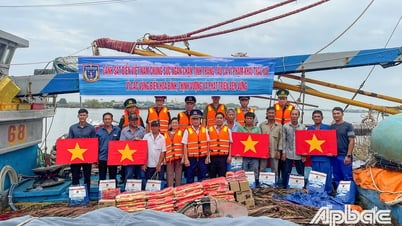














Comment (0)